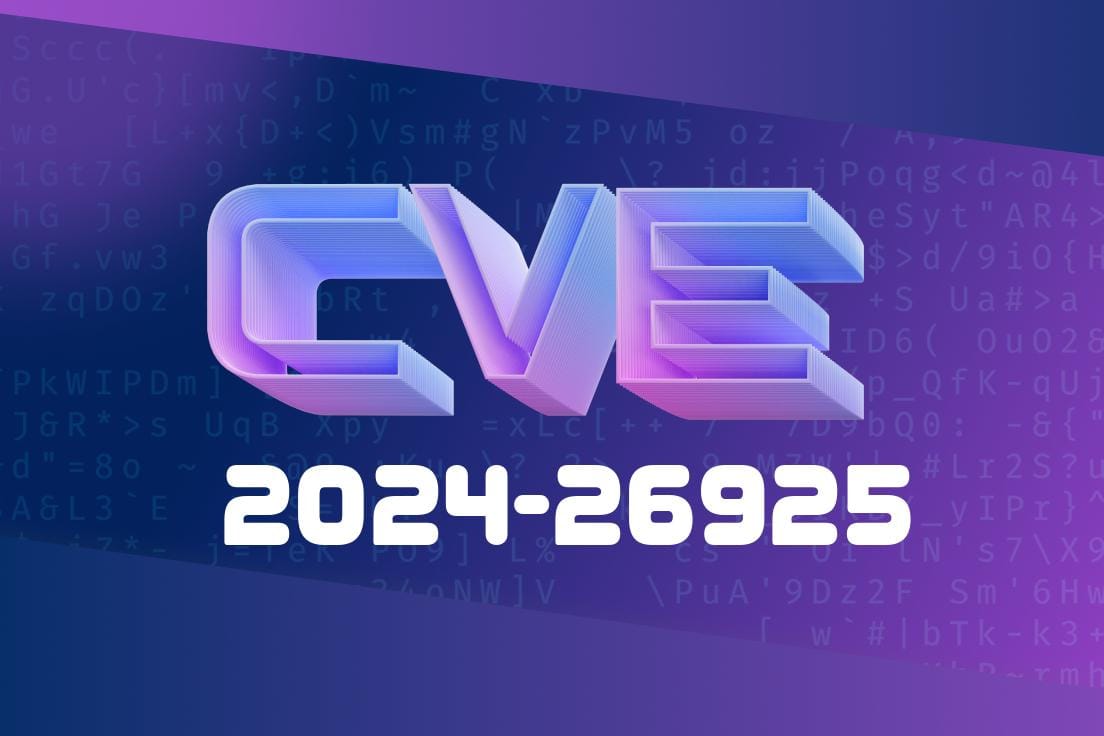A recent security vulnerability, CVE-2024-26925, has been found and fixed in the Linux kernel’s nf_tables subsystem, which is the heart of the Linux firewall. This bug has to do with how the kernel locked and unlocked its internal protections (mutexes) when rolling back changes to firewall rules. If you run certain production systems or pride yourself on your firewall, you’ll want to know how a seemingly small coding mistake could've left your system open to silent and serious risks.
Let’s walk through what happened, why it mattered, and how it was fixed, with an easy-to-follow breakdown and actual Linux code snippets.
What is nf_tables and Why Should You Care?
nf_tables is part of the Linux kernel’s Netfilter framework, which provides the powerful infrastructure for packet filtering (firewalling), network address translation, and packet mangling. If you use iptables, nftables, Docker, Kubernetes networking, or anything that filters traffic—chances are you’re using this code.
What Was the Problem?
Inside the kernel, lots of things happen in parallel. Imagine multiple admins or programs trying to add firewall rules at the same time, while background processes clean up expired or unused rules (like garbage collection, or GC). To keep things safe, the kernel uses locks called mutexes.
Here, the bug involved releasing a critical lock—the commit mutex— *too soon* while backing out of partially applied firewall changes ("the abort path"), but *before* the end of a sensitive GC sequence (nft_gc_seq_end). This left a tiny window, but one where a parallel process (async GC worker) could sneak in, collect objects, and grab the lock, possibly acting on half-baked state. Not good!
This could have led to race conditions: memory corruption, missed rules, or worse, an inconsistent firewall state that leaves your system open.
Before Patch (The Bug)
/* Abort phase in nf_tables code */
nft_gc_seq_begin();
mutex_unlock(&nf_tables_commit_mutex); // <-- Oops! Released too soon
/* ... do some module autoloading .... */
nft_gc_seq_end();
Notice: The lock is released *before* the GC sequence ends.
After Patch (Fixed)
/* Better, after patch */
nft_gc_seq_begin();
/* ... do module autoloading after everything else ... */
nft_gc_seq_end();
mutex_unlock(&nf_tables_commit_mutex); // <-- Now it's after GC finishes
The key: Don’t unlock that mutex until all critical sections are finished!
How Bad Could It Get?
Imagine your firewall is removing old rules while adding new ones. If the kernel's garbage collector cleans up a rule before it's safely removed and the main lock is released, the system could:
Accept or drop packets you did NOT want
With enough luck (or bad luck), an attacker could trigger these races intentionally, causing denial of service, bypassing security policies, or possibly escalating privileges, depending on what rules are being manipulated.
Here’s where you can read the *official* patch and discussion
- Linux Kernel Commit
- Red Hat Bug Tracker
- CVE-2024-26925 NVD Entry
Can You Exploit This?
*Direct* exploitation is tricky and depends on local system conditions, but an attacker with the ability to rapidly create and delete rules (or trigger module auto-loading) could race the kernel’s GC. In worst cases, generic exploits like use-after-free techniques could be adapted.
Memory corruption or policy failure occurs.
*There is no ready meta exploit* at the time of writing (June 2024), but similar kernel mutex bugs have been used in privilege escalation attacks.
Conclusion
CVE-2024-26925 shows how a single line of code, if placed in the wrong spot, can have wide security impacts—especially in core components like Linux’s firewall engine. The fix is simple but crucial: Don’t unlock the mutex until absolutely all critical handling and cleanup is done.
A thank you to the maintainers catching and fixing these subtle bugs, and a reminder to all developers: *Locking logic matters, even for things you rarely “see”.*
*Stay safe, and keep your firewalls tight!*
> *Feel free to share or cite. For more deep dives, follow the original Linux commit or our posts!*
Timeline
Published on: 04/24/2024 21:49:23 UTC
Last modified on: 12/23/2025 19:10:58 UTC
